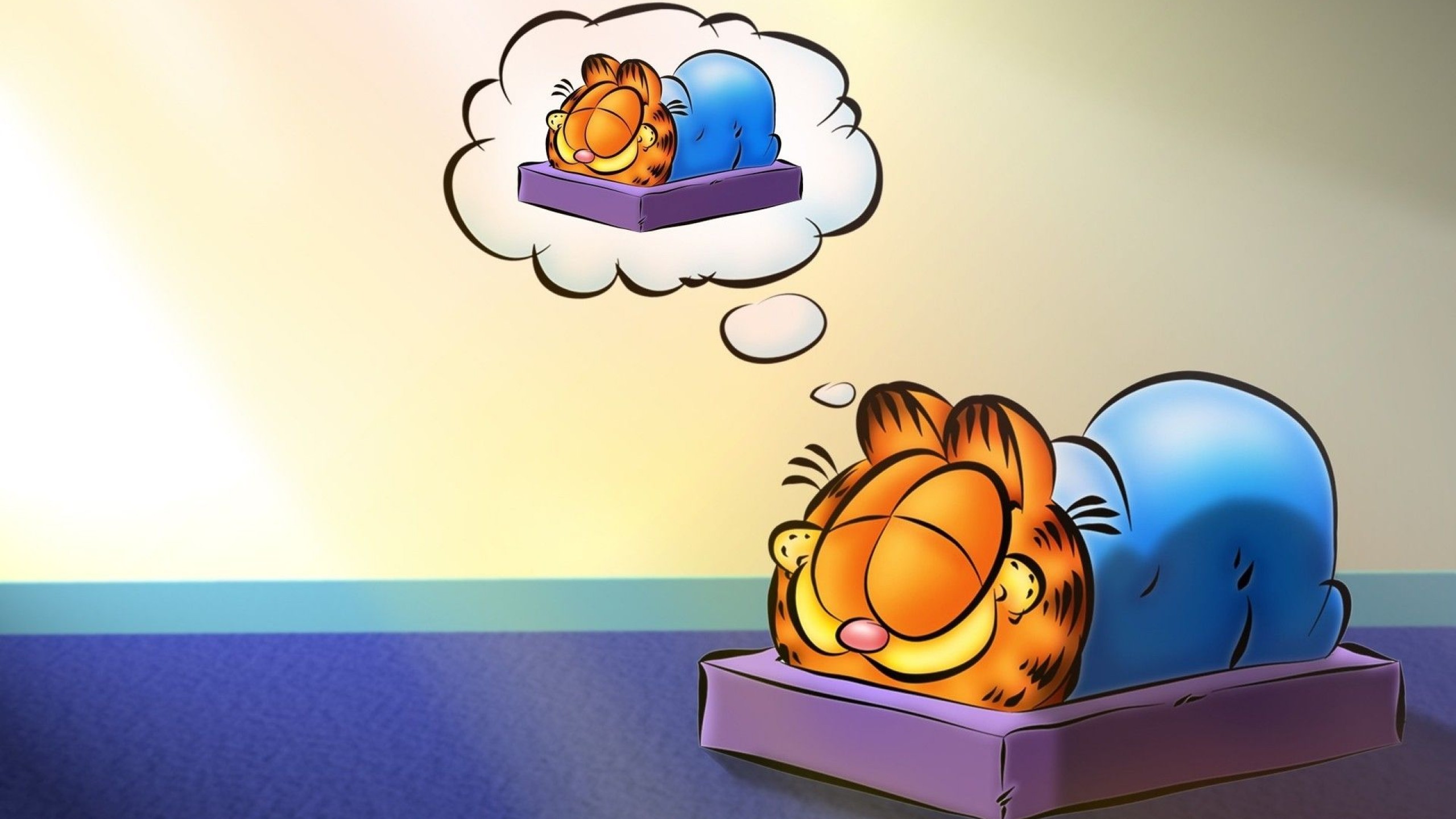Some people are night owls, and others are morning larks. What makes the difference may be their levels of general intelligence.
Virtually all species in nature, from single-cell organisms to mammals, including humans, exhibit a daily cycle of activity called circadian rhythm. The circadian rhythm in mammals is regulated by two clusters of nerve cells called the suprachiasmatic nuclei (SCN) in the anterior hypothalamus. Geneticists have by now identified a set of genes that regulate the SCN and thus the circadian rhythm among mammals.
However, humans, unlike other mammalian species, have the unique ability, consciously and cognitively, to override their internal biological clock and its rhythmic outputs. In other words, at least for humans, circadian rhythm is not entirely a matter of genetics. Within broad genetic constraints, humans can choose what time to go to bed and get up. Humans can choose to be night owls or morning larks.
While there are some individual differences in the circadian rhythm, where some individuals are more nocturnal than others, humans are basically a diurnal (day-living) species. Humans rely very heavily on vision for navigation but, unlike genuinely nocturnal species, cannot see in the dark or under little lighting, and our ancestors did not have artificial lighting during the night until the domestication of fire. Any human in the ancestral environment up and about during the night would have been at risk of predation by nocturnal predators.
In the 10-volume compendium The Encyclopedia of World Cultures, which extensively catalogs all human cultures known to anthropology, there is no mention of nocturnal activities in any of the traditional cultures. There are no entries in the index for “nocturnal,” “night,” “evening,” “dark(ness),” and “all-night.” The few references to the “moon” are all religious in character, as in “moon deity,” “Mother Moon (deity),” and “moon worship.” The only exception is the “night courting,” which is a socially approved custom of premarital sex observed among the Danes and the Finns, which are entirely western cultures far outside of the ancestral environment.
Extensive ethnographies corroborate these observations and suggest that people in traditional societies usually rise shortly before dawn and go to sleep shortly after dusk, to take full advantage of the natural light provided by the sun. “Daily activities begin early in a Yanomamö village,” and “despite the inevitable last-minute visiting, things are usually quiet in the village by the time it is dark.” Among the Maasai in Kenya, “the day begins about 6 a.m., when the sun is about to rise,” and “most evenings are spent quietly chatting with family members indoors. If the moon is full then it is possible to see almost as well as during the day, and people take advantage of the light by staying up late and socializing a great deal.” Among the Ache in Paraguay, “after cooking and consuming food, evening is often the time of singing and joking. Eventually band members drift off to sleep, with one or two nuclear families around each fire.”
There is thus no indication in any of the ethnographic evidence that any sustained nocturnal activities occur in traditional societies, other than occasional conversations and singing, in these tribes. It is therefore reasonable to infer that our ancestors must also have limited their daily activities to daylight, and sustained nocturnal activities are largely evolutionarily novel. The Hypothesis would therefore predict that more intelligent individuals are more likely to be nocturnal than less intelligent individuals.
An analysis of a large representative sample of young Americans confirms this prediction. Net of a large number of social and demographic factors, more intelligent children grow up to be more nocturnal as adults than less intelligent children. Compared to their less intelligent counterparts, more intelligent individuals go to bed later on weeknights (when they have to get up at a certain time the next day) and on weekends (when they don’t), and they wake up later on weekdays (but not on weekends, for which the positive effect of childhood intelligence on adult nocturnality is not statistically significant). For example, those with a childhood IQ of less than 75 (“very dull”) go to bed around 23:41 on weeknights in early adulthood, whereas those with a childhood IQ of over 125 (“very bright”) go to bed around 00:29.
KEEP SLEEPING AND KEEP SMILING…. 🙂
